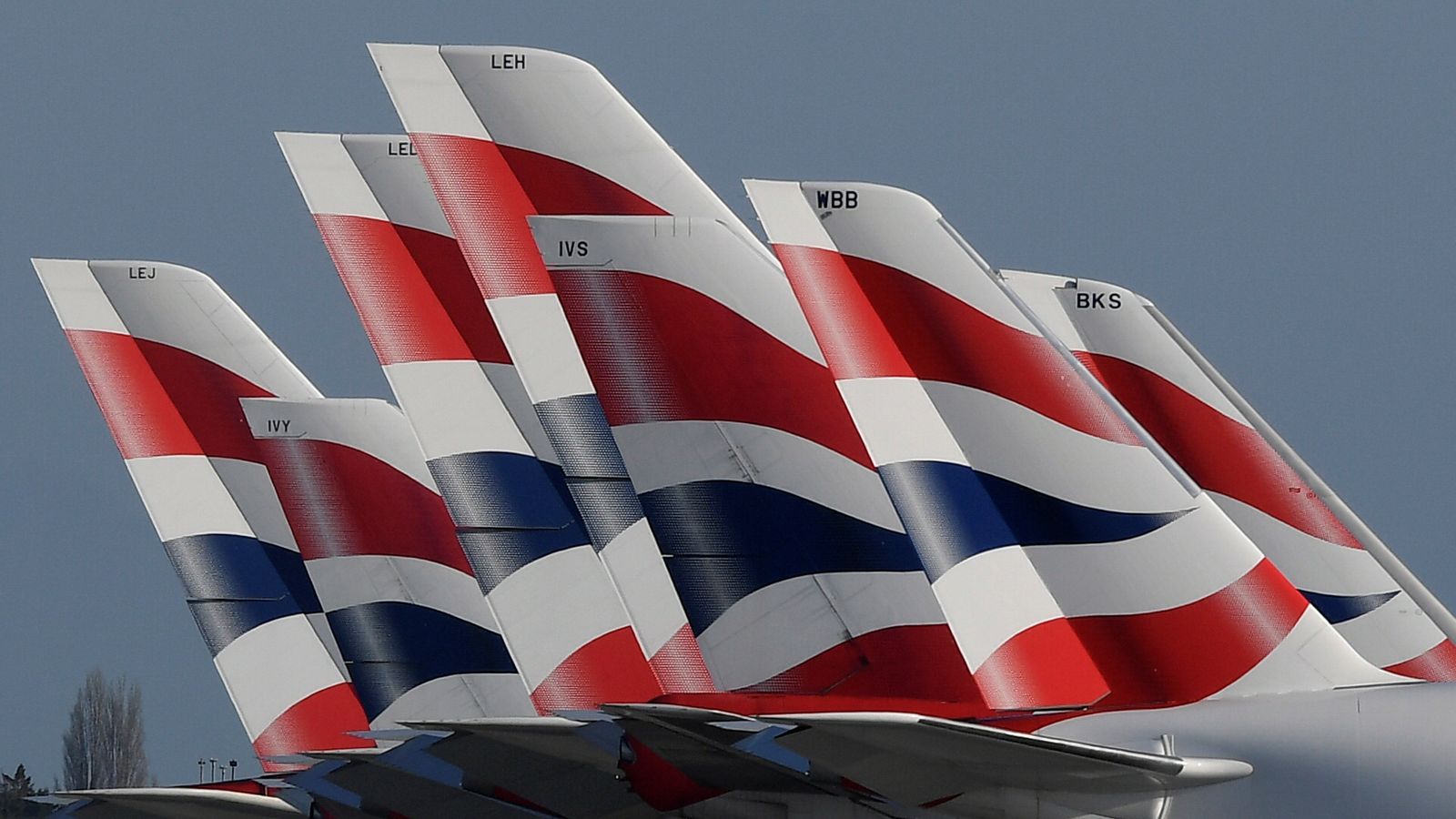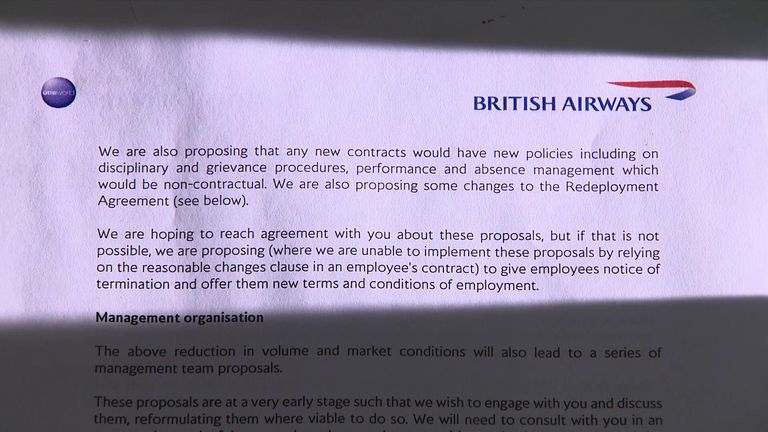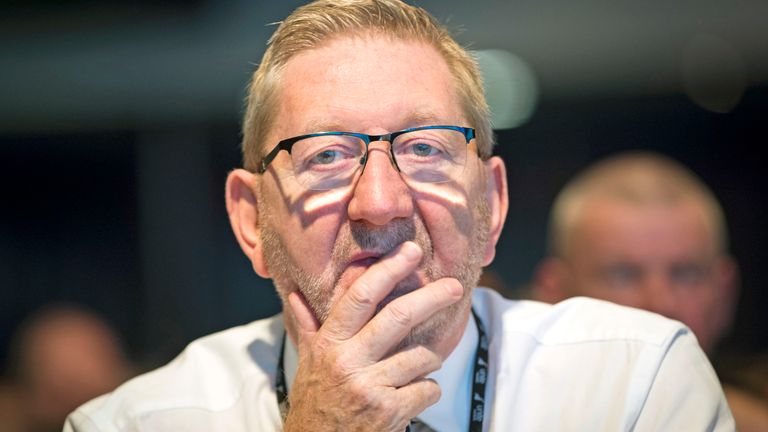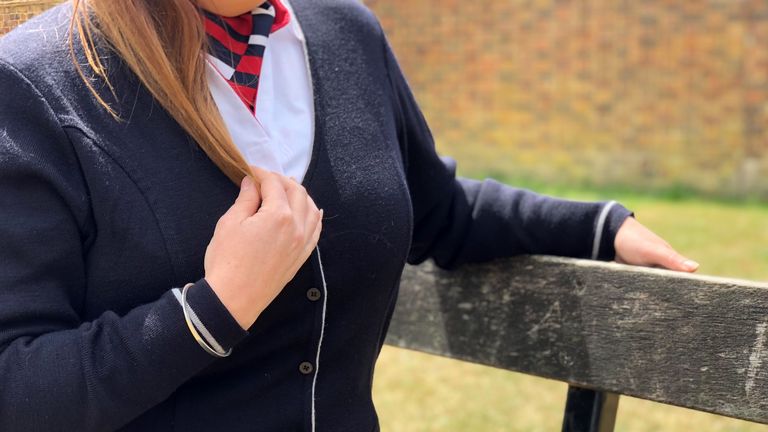British Airways (BA) has been warned it faces the prospect of strikes as the deadline for tens of thousands of staff to accept new pay deals looms large.
The airline had announced at the height of the coronavirus lockdown in April that it could make up to 12,000 staff redundant to help prepare the airline for a future beyond the pandemic – with vastly reduced demand for air travel predicted.
Last week, the pilots’ union BALPA confirmed it was reluctantly recommending an agreement that meant pay cuts for 4,000 pilots, with just 270 redundancies out of a possible 1,200 initially planned by BA.
It became clear on Monday night that no such deal was on the cards between the airline and Unite – the union which represents about 30,000 staff including cabin crew and maintenance workers.
A letter from the Unite general secretary Len McCluskey to BA chief executive Alex Cruz demonstrated the extent of a breakdown in personal relations over BA’s plans.
In it, the union leader accused Mr Cruz of “arrogance” and adopting a “scorched earth strategy”, confirming it was planning to move towards “industrial action with immediate effect.”
It is understood the vast majority of the union’s membership at BA has been given until 31 July to sign up to a new contract before the company is scheduled to make a final determination on its plans a week later.
Unite has accused BA of a “despicable” fire-and-rehire approach.
Sources at the airline dismiss any suggestion that it has failed to engage with workers over its need to bring down costs and accuse the union of a lack of meaningful engagement.
They say BA is still operating only about 15% of its normal schedule – with reduced demand – costing the airline a net £20m a day.
A spokesperson said: “It is disappointing that a company doing everything it can to save jobs is being singled out by Unite for national criticism, when jobs are being lost across the country in every industry.
“What we are proposing is to make reasonable changes to contracts in order to allow us to compete with airlines with much lower operating costs and more flexibility.
“Under our proposals, 40% of our cabin crew would receive a pay rise, while we have committed to cut basic pay for our legacy crews by no more than 20% – protecting 80% of basic pay.
“We’ve said that if we can’t agree these reasonable changes through collective consultation, we may have to issue staff with new contracts.
“If staff accept the changes to the way they work or their terms and conditions, we expect to be able to save more jobs.”




